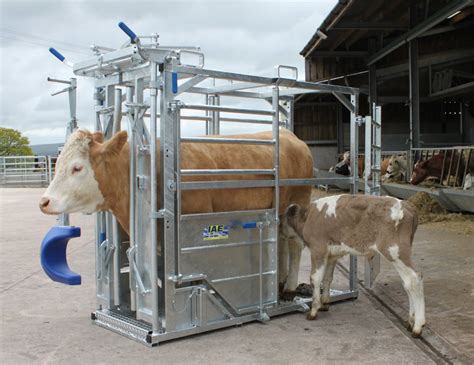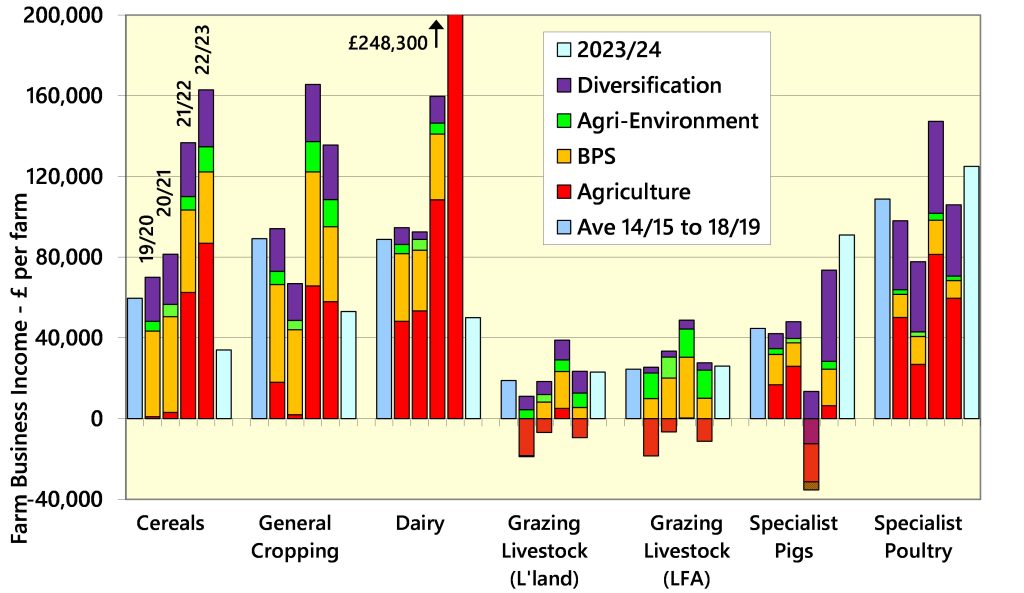The Scottish Government has provided more details of the ‘conditionality’ that will apply to farm payments in 2025. This is included in an update to its Agricultural Reform Route Map (see https://www.ruralpayments.org/topics/agricultural-reform-programme/arp-route-map/ for details).
There are three main elements for 2025;
- New Cross-compliance Rules: new measures are to be introduced to protect peatland and wetland. These will be included under GAEC6 – Maintenance of Soil Organic Matter (there was originally plans to have them as a new stand-alone GAEC8). It will apply to peat soils of over 50cm depth and with a ‘near natural vegetative cover’ – i.e. unimproved land. There will be prohibitions on fertiliser, pesticides, herbicides, cultivations and any drainage works
- Calving Index: for those claiming the Scottish Suckled Beef Support Scheme (SSBSS) headage payment, there will be a new condition on calving index. Payment will only be made on calves coming from cows with an interval of 410 days or less. This will be on a cow-by-cow basis, and not on a herd-average. First-calvers will be exempt from the rules. The Scottish Government outlines that the calving interval threshold may reduce in future years, but it will not reduce by more than 10 days in any given year.
- Whole Farm Plan: the requirements for this are gradually being phased-in. For 2025, farmers will need to indicate on their Single Application Form that they have done at least two of the following five activities.
- Carbon Audit – done within the previous five years prior to May 2025
- Biodiversity Audit – done within the previous five years prior to May 2025
- Soil Analysis – done within the previous five years prior to May 2025
- Animal Health and Welfare Plan – to be updated annually
- Integrated Pest Management Plan – to be updated annually
The Scottish Government points out that there is currently funding for Carbon Audits and Soil analysis through the Preparing for Sustainable Farming programme.
Detailed guidance on the conditionality rules for 2025 and more information about the actions farmers and crofters will need to take in 2026, will be announced in summer 2024.









